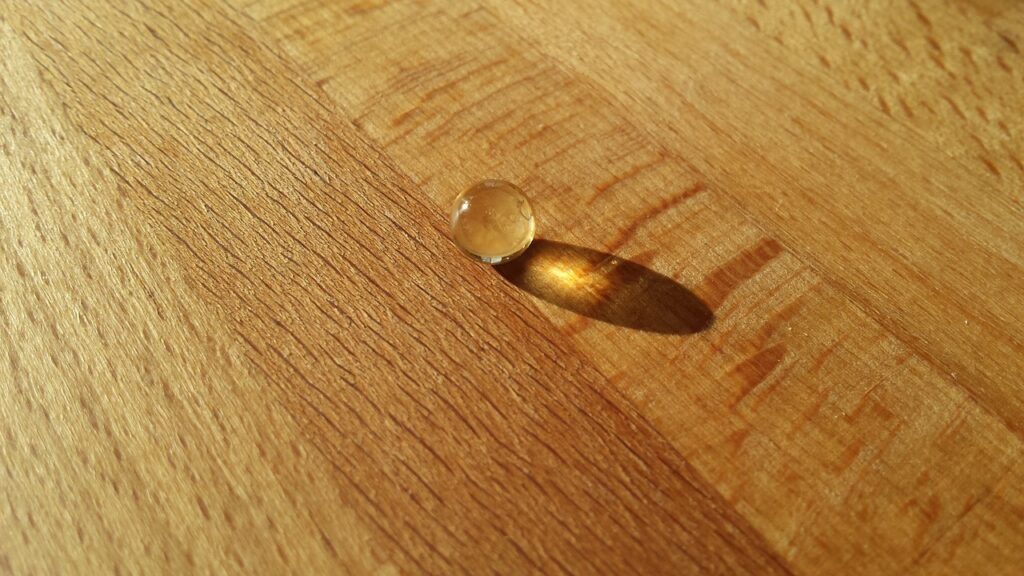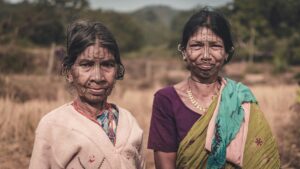“Go outside and get some Vitamin D!” is a phrase you may have heard at some point in your life. When your skin is exposed to the sun, it can produce huge levels of vitamin D. Vitamin D is commonly referred to as the “Sunshine Vitamin” since it is obtained in such large quantities by being exposed to the sun. There are a variety of factors contributing to vitamin D deficiency, including lack of sun exposure, excessive clothing, cold temperatures, and a diet lacking fat-soluble vitamins.
The so-called “Sunshine Vitamin” is critical to good health and strong bones. For human survival, it is one of the 24 micronutrients that are fat-soluble. Vitamin D is an important nutrient, and this guide will explain the benefits, as well as how to determine if you are getting enough and what to do if you aren’t.
It is frequent among postmenopausal women and the elderly to suffer from osteoporosis. Is it surprising that bone loss begins at the age of 30 or even 25? Calcium and phosphorus are both essential for bone health, and vitamin D3 (cholecalciferol) aids in the absorption of these minerals.
When a person is suffering from osteomalacia, their bone density is weakened, their muscles are weak, and they are more prone to minor fractures. In the intestines, vitamin D aids in calcium absorption and aids in regaining calcium that the kidneys expel.
In your bloodstream, vitamin D functions as a macrophage. As part of your body’s immune system, macrophages attack and aid in the fight against infections and disease.
Cardiovascular disease, cancer, stroke, and metabolic illnesses like diabetes have all been related to vitamin D insufficiency. Getting enough vitamin D can help your brain work better.
Hormones that are associated with stress can also be regulated by vitamin D. Vitamin D has been demonstrated to alleviate symptoms such as seasonal affective disorder, depression, and anxiety when taken in the correct amounts.
There is a clear link between sun exposure and skin cancer. You’ve probably heard that the longer time you spend in the sun without sunscreen, the greater your risk of developing skin cancer. Skin cancer is more common in younger people and those with lighter skin.
There’s a good chance that those of you who have a 9-to-5 office job don’t get out often (literally). In the winter, you’re confined to your house and can’t enjoy the sun’s rays.
It’s possible that you don’t receive enough sun, too, depending on where you live. In the winter, it is more difficult to receive enough vitamin D from the sun the further you reside from the equator.
There is an age-related decline in the kidneys’ ability to metabolize vitamin D into its active form. This will increase your risk of vitamin D deficiency. Vitamin D might help you as you become older if you incorporate it into your diet.









